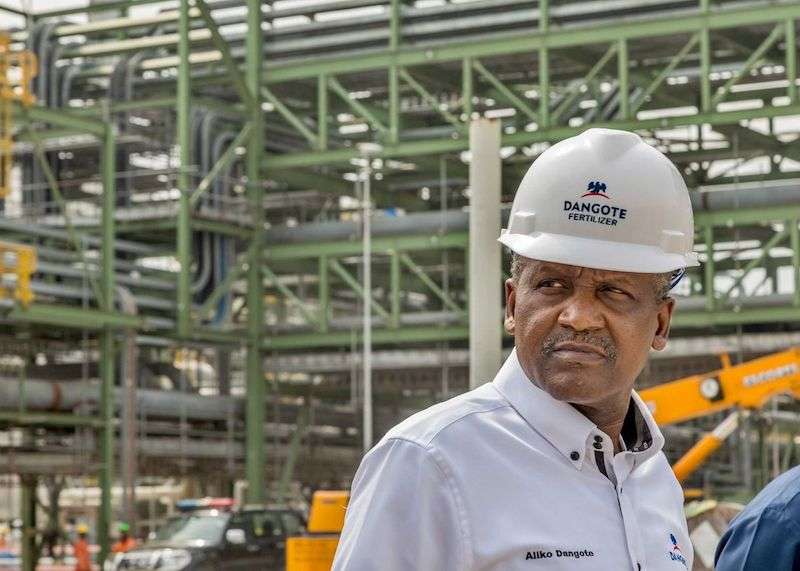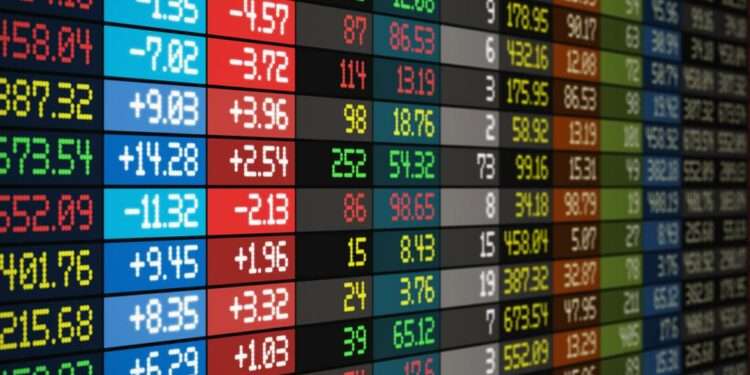Dangote, the president of the Dangote Group has shed light on the factors that led to the unexpected drop in the price of Premium Motor Spirit (PMS), commonly known as petrol, during the festive season.
The reduction, which saw the price of petrol fall to N899.50 per liter, was seen by many Nigerians as a welcome relief amid the high cost of living and transport.
Dangote, however, clarified that the price drop was not part of any deliberate strategy by marketers but was driven by market forces, underscoring the competitive dynamics within Nigeria’s downstream oil sector.
Dangote, whose conglomerate owns the Dangote Refinery, the largest single-train refinery in the world, explained that while he was not opposed to importation of petroleum products, it was essential to safeguard his refinery’s investments, which amounted to over $20 billion.
He emphasized that the reduction in petrol prices was a direct response to the market and the need to protect his business interests.
“The price reduction is a response to the market,” Dangote said during the interview. “It is a refinery where we invested over $20bn, and I think we have to try and protect our interests and also our investments.”
On December 19th, the Dangote Refinery made headlines when it announced a reduction in the ex-depot price of petrol to N899.50 per liter. This move triggered intense competition within the Nigerian petroleum market, especially in the downstream sector, leading the Nigerian National Petroleum Corporation Limited (NNPCL) to adjust its ex-depot price to N899 per liter as well.
The result was a sharp reduction in petrol prices, which was well received by Nigerians, particularly in light of the high transportation costs often associated with the Yuletide season.
The market-driven nature of this price adjustment contrasts with the notion that marketers intentionally reduced prices to ease the economic burdens typically experienced by consumers during the festive period.
Dangote, a businessman known for his expansive investments in cement, sugar, and now oil, emphasized that while Nigerians were benefiting from the price drop, it was a consequence of market competition rather than a deliberate philanthropic effort by marketers.
In an additional move to cater to the festive season, the Dangote Refinery announced a partnership with MRS Fuel Stations to sell petrol at retail locations across the country for N935 per liter, making the product more accessible to consumers.
This announcement was accompanied by an innovative initiative: for every liter of petrol purchased on a cash basis, consumers were allowed to buy an additional liter on credit, facilitated by a bank guarantee from Access Bank, First Bank, or Zenith Bank.
This initiative further underscored the commitment of Dangote Group to provide cost relief during a period marked by heavy travel demands.
Impact of Petroleum Imports on Nigeria’s Foreign Exchange

While discussing the reasons behind the price drop, Dangote also touched on the broader economic implications of petroleum imports in Nigeria. He expressed concern over the significant drain that petroleum imports impose on the country’s foreign exchange reserves.
“Petroleum imports account for approximately 40 percent of Nigeria’s demand for foreign exchange.
“This dependency on imported fuel, he argued, exacerbates the outflow of foreign currency from Nigeria, thereby weakening the nation’s financial position.”
Aliko Dangote
Dangote’s comments highlighted the larger economic challenges that Nigeria faces in relation to its energy needs. Despite being one of the largest oil producers in Africa, Nigeria continues to import a substantial portion of its refined petroleum products.
This situation is largely due to inadequate domestic refining capacity, a problem that the Dangote Refinery was built to address. By producing up to 650,000 barrels of refined petroleum products per day, the Dangote Refinery has the potential to meet Nigeria’s entire domestic fuel demand and even supply products for export.
However, until such a time when the country can significantly reduce its reliance on imports, the impact on the foreign exchange market will continue to be a major concern.
The reduction in petrol prices during the festive season was not the result of altruistic efforts by marketers, but rather a reflection of the competitive dynamics in Nigeria’s downstream oil sector.
As Dangote explained, “the price drop was primarily driven by market forces and the need to protect investments in the Dangote Refinery, which is set to reshape the country’s oil and gas landscape.”
While the price reduction brought short-term relief to Nigerians during the holidays, the long-term benefits will depend on the ability of the Dangote Refinery to boost domestic production, reduce Nigeria’s reliance on imports, and stabilize the country’s foreign exchange market.
As the Dangote Refinery reaches full capacity, it holds the promise of transforming Nigeria into a self-sufficient oil economy, with profound economic implications for the nation.
READ ALSO: Ghana’s Total Income for 2025 Projected at GHC 209.3bn, Dr. Kawor Examines



















